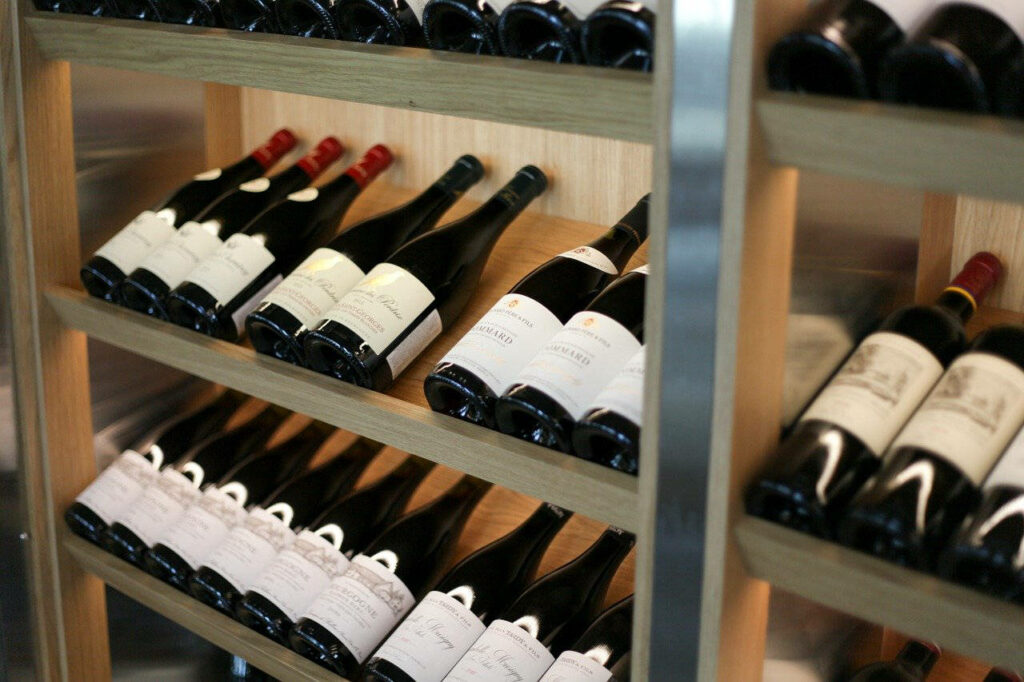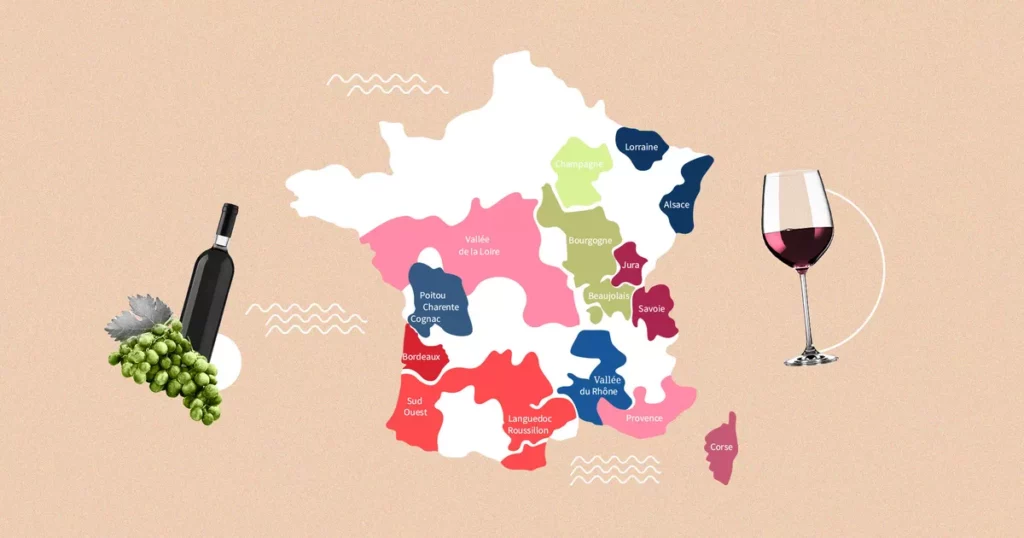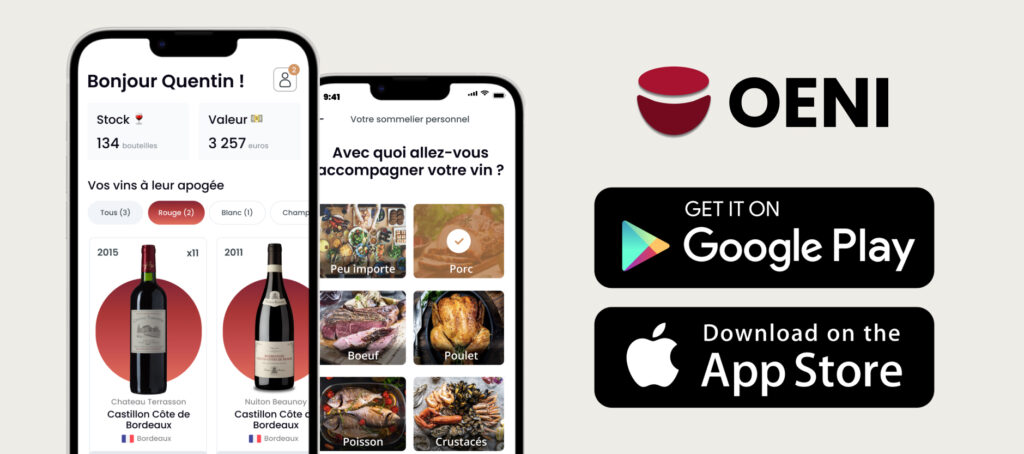More and more wine-lovers are choosing to buy their wine through the short wine circuit. They avoid middlemen and go direct to the producer. The simplicity, conviviality and promise of authenticity of this purchasing method are alluring. But it also has its pitfalls. Before you fill your trunk or order online, it's best to be aware of the best practices.
If you're interested in wine-related articles, download our app for IOS or Android. It will give you access to our wine lexicon, our articles and our innovative solution, designed for all wine consumers and collectors.
The pleasure of meeting producers
One of the great advantages of buying wine direct is that you get to meet people. When you visit a winery, you can talk to the people who make the wine. You discover their philosophy, their way of working, their terroir. This relationship reinforces the pleasure of tasting. It gives meaning to your purchase. Wine no longer comes off a shelf. It comes from a specific place, a face, a story.
Winegrowers like to share their passion. They take the time to explain their methods, their choices of cultivation or vinification. You learn, you understand better what you're drinking. The short wine circuit enriches your oenological culture.
Often fairer prices
Buying on the estate reduces distributor margins. The producer sets the price, with no additional costs linked to intermediaries. The result: bottles at often more attractive prices. You pay for a product as close as possible to its real value.
But this doesn't mean that all wines will be cheap. Some estates set their prices at the level of wine merchants. This is sometimes a conscious choice. Others reserve their best vintages for specific networks. So compare and find out before you buy.
A wider, more personalized selection

On the spot, the offer often exceeds that of supermarkets or specialist boutiques. You have access to the entire catalog, including rare or confidential cuvées. You can also discover older vintages or limited trials. Buying direct wine allows you to taste wines you can't find anywhere else.
What's more, our advice is personalized. The winemaker knows his products better than anyone. He adapts his suggestions to your tastes. The short wine circuit avoids overly commercial recommendations. You leave with bottles that really suit you.
Better traceability
When you buy directly from the estate, you know the exact origin of each bottle. You know where the grapes came from, how they were vinified, and under what conditions the wine was aged. This transparency is reassuring. It limits unpleasant surprises.
Some estates work organically or biodynamically. On site, you can verify the sincerity of their commitments. You can see the plots, the facilities, the gestures. Buying direct wine becomes an additional guarantee.
An opportunity to discover the regions

Many people take advantage of their vacations to visit the vineyards. The short wine circuit becomes a tourist stopover. You follow the wine routes, discover the countryside and visit the cellars. These moments strengthen the bond with the product.
On-site tastings make it easier to memorize tastes. You remember a wine drunk in front of vines or in a stone cellar. The sensory experience is doubled by a vivid memory.
Pitfalls to avoid
Despite its advantages, estate selling requires a few precautions. First, don't get carried away by enthusiasm. Some visitors buy far too much after a good tasting. The convivial effect can distort judgment. Taste, but keep a clear head.
Secondly, beware of wines sold outside the estate, but under this appellation. Some producers entrust sales to third parties who present themselves as "direct". Always check that the wine comes from the producer himself.
Finally, pay attention to storage conditions during transport. If you buy locally in the middle of summer, protect your bottles from the heat. The short wine circuit requires more careful logistics.
The limits of direct online sales
Many domains now offer an online store. These digital domain sales make it easier to buy without having to go anywhere. But it also involves risks. Check shipping costs, return conditions and delivery times.
Some platforms bring together several producers. They give the illusion of direct contact, but this is not always the case. Before ordering, find out who the real intermediary is. Buying vin direct loses its meaning if a third party manages the sale or stock.
Sometimes limited volumes
Small estates don't always have large quantities to sell. Some wines go on sale very quickly, especially after the harvest. Buying direct wine sometimes requires a bit of forethought. You have to reserve, subscribe to a newsletter or come at the right time.
Some producers also limit quantities per customer. This prevents uncontrolled resale, but can frustrate large buyers. In such cases, you need to be flexible and favor diversity.
How to buy on the estate
Plan your visit in advance. Check opening times, availability and, if possible, make an appointment. Find out about the cuvées on offer. Taste carefully. Ask questions about the vintage, ageing, food and wine pairings. Write down your impressions.
Don't feel obliged to buy if nothing appeals to you. Winemakers appreciate genuine interest, even if there's no immediate sale. If you do buy, give preference to bottles you've enjoyed, and think about keeping them.
Finally, don't hesitate to come back. The short wine circuit also works on loyalty. You build a lasting relationship with the winery.
If you enjoyed this article, don't hesitate to read the following one "Carbonic maceration, pellicular maceration, pre-fermentation maceration: everything you need to know"which may also be of interest to you!





